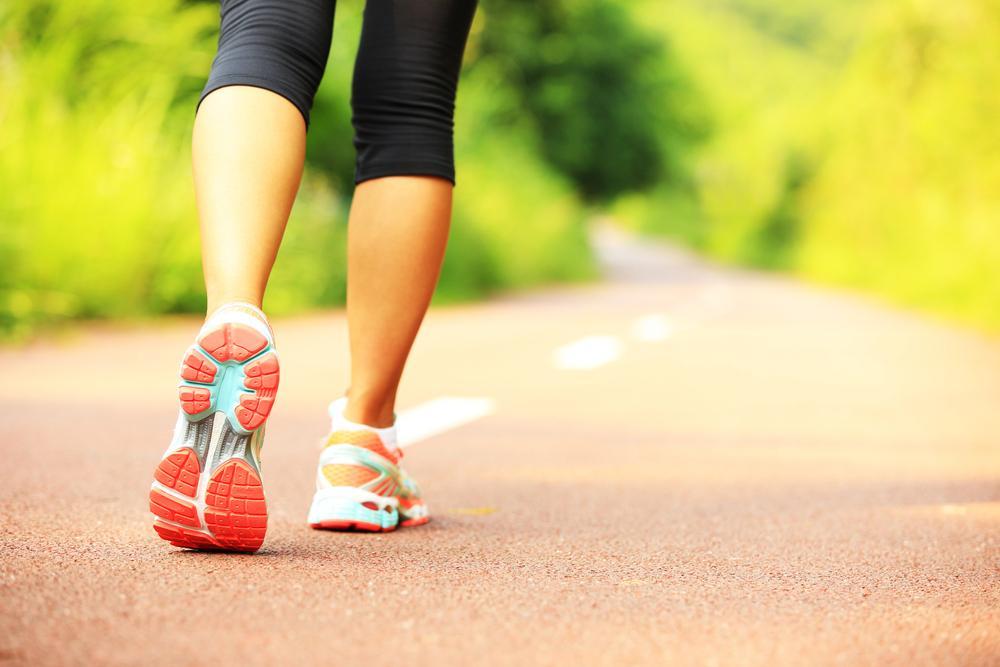
Why You Should Never Ignore Leg Cramps

One minute you're in your groove during a workout at the gym, finishing a walk around the block, or even sleeping like a baby when suddenly you're doubled over with intense out-of-the-blue leg pain. Say hello to a leg cramp.
Also called a "charley horse," a cramp occurs when the muscle involuntarily contracts and can't relax. The calves and thighs are two of the most common areas affected, although cramps can strike your hands, arms, abdomen, and feet. They typically last from several seconds to a few minutes, and you can often feel a knot when you press the painful area.
Leg cramps can afflict anyone, but they are most common in the very young and old, people who are overweight, and athletes.
The reasons for leg cramps run a wide spectrum ranging from the harmless to things you really should get checked out. Dr. Clement Banda, medical director at MD Vein & Skin Specialists, is highly skilled in diagnosing and treating leg cramps and any underlying condition. Read on to learn about some of the reasons for leg cramps.
Overuse and Dehydration
Overusing or straining the muscle is the most common culprit, with not enough stretching before use often serving as a contributing factor. Becoming dehydrated whether while working out in the heat or other reasons can irritate muscle cells and lead to cramps as well.
You can typically handle these situations with self-treatment, such as more stretching (including before bed with or without light exercise if leg cramps wake you) and making sure to drink enough liquids each day.
Medical Conditions and Medications
Pregnancy and certain medical conditions like diabetes and nerve, thyroid, or liver issues can increase the frequency of leg cramps, as can insufficient levels of electrolytes such as potassium, magnesium, or calcium.
Painful muscle contractions can also be a side effect of dialysis and some medications like diuretics.
A compressed or pinched nerve in the back or neck can feel like a leg cramp with the pain increasing with greater distances walked.
Insufficient Blood Supply
In some cases, leg cramps can be a sign of something more serious such as not enough blood reaching your muscles. Reasons that the free flow of blood might be blocked include:
- A blood clot
- Malformations
- Tumors
Problems can also arise if you have arteriosclerosis. When healthy, arteries are elastic and flexible, but as you age, your arteries can become stiff, thick, and narrow. With less blood able to pass through your arteries, you may experience pain in your legs and feet when exercising. Typically, the cramps ease when you stop your workout.
Fortunately, there are treatments available. When he suspects poor blood flow, Dr. Banda typically does a color duplex ultrasound to evaluate the health of your veins. Noninvasive with no prep or recovery time, this screening test uses sound-wave technology to create images of your legs’ blood flow.
After carefully reviewing the results, Dr. Banda may begin by recommending that you wear compression stockings, lose weight if need be, and exercise to help improve blood flow. If these steps do not provide sufficient relief, he can also perform one of several minimally invasive procedures to remedy the situation.
Leg cramps are common and, therefore, easy to dismiss, but if you experience them frequently and self-care doesn't seem to be helping, be sure to get checked out. Call or click to book an appointment with Dr. Banda today.
You Might Also Enjoy...


New Year, New You: 3 Vein Treatments to Consider in 2026

7 Tips for Healthy, Glowing Skin All Winter Long

Why Won’t My Leg Wound Heal?

Post-Inflammatory Hyperpigmentation: Why Your Acne Leaves Dark Spots


